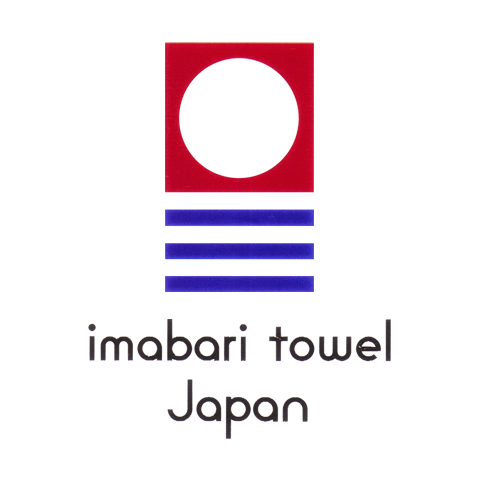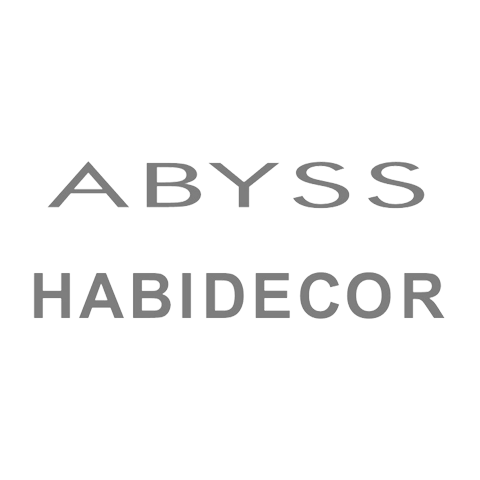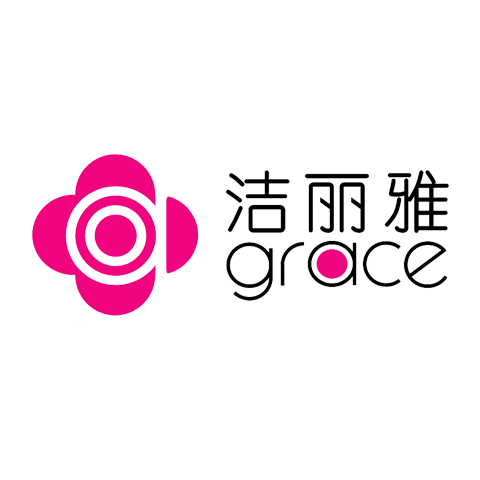Imabari is a city in Ehime Prefecture, Japan, which has been producing towels for more than 100 years and is the largest towel production base in Japan. Although it has a long history of towel production, in the 19th century, Imabari was mainly produced by OEMs due to the impact of low-cost imported goods. In order to promote the standardized development of the towel industry in the Imabari area, the Imabari Towel Industry Association (Shikoku Towel Industry Association) was established in 1952, and the association established towel testing standards, and only towels that meet the standards can be certified by Imabari Towel (Imabari Towel Japan). Therefore, Imabari Towel is not an independent brand, and it contains products from many certified manufacturers.
Imabari towels are famous in Japan and around the world, and they are inseparable from the unique creativity of Kashi Sato. In order to revitalize the towel industry, in 2006, the local government invited Kashi Sato to provide creative direction for Imabari towels, and he has done design guidance for world-renowned Japanese brands such as Uniqlo, Rakuten, Honda Motor, and Kirin Beer. In order to make the Imabari towel more recognizable, Sato designed the blue, white and red three-color trademark for it, and chose a pure white product design concept for Imabari, and the pure white cloud series towel is also its most representative product.
Imabari water is soft water with a very low heavy metal content, and it is used to rinse cotton fibers, separate the oil and wax of cotton fibers, and remove impurities, which not only ensures the softness of the fibers, but also keeps the length and strength of the cotton fibers from being damaged, creating the soft and skin-friendly properties of Imabari towels.
The testing standards of Imabari towels are quite strict, including the testing of towel characteristics, color fastness, physical strength and organic matter testing, including the testing of more than 10 departments. The terry of a conventional towel gradually hardens after repeated washing and drying, and becomes less absorbent. However, Imabari towels use weak twist and non-twist yarn technology, the cotton fiber is fluffy, and the towel has a suede feel, and it is still very soft after many uses. However, due to the fluffy stretch of the fibers, Imabari and most weakly twisted or no-twisted yarn towels have poor durability and may continue to shed hair.
Since Imabari towels are not a brand, yukata products vary from manufacturer to manufacturer. In addition to Imabari's representative pure white bathrobe, which is the most popular, the bathrobe has many Japanese elements added to the design. For example, the idee Zora collection has many Japanese-style yukata, made of American Supima long-staple cotton, with a light texture, wide cuffs and a kimono collar designed to resemble a traditional Japanese yukata, which is perfect as a special gift.
Imabari towels have opened some experience stores in Japan, and there is no official purchase channel in China for the time being, and they can be purchased through overseas shopping, with prices ranging from 300 yuan to 1,000 yuan per piece. However, not all towels produced in the Imabari area have passed the certification, so be sure to look for the Imabari towel trademark when purchasing.












